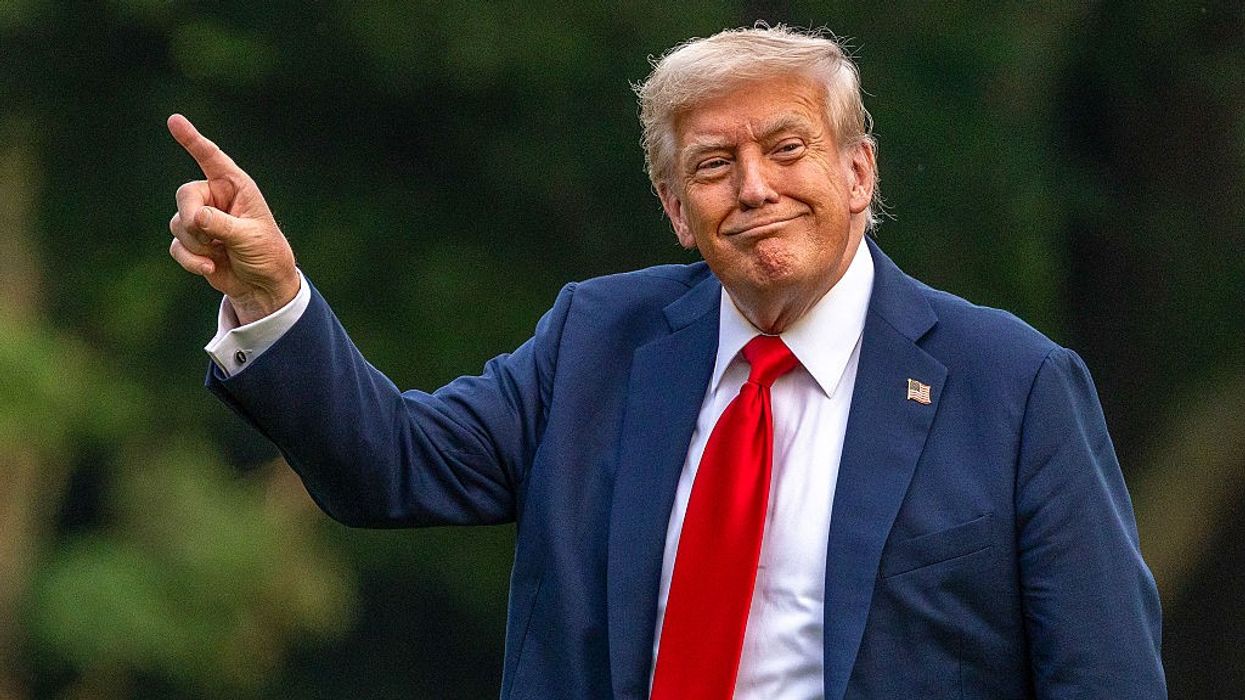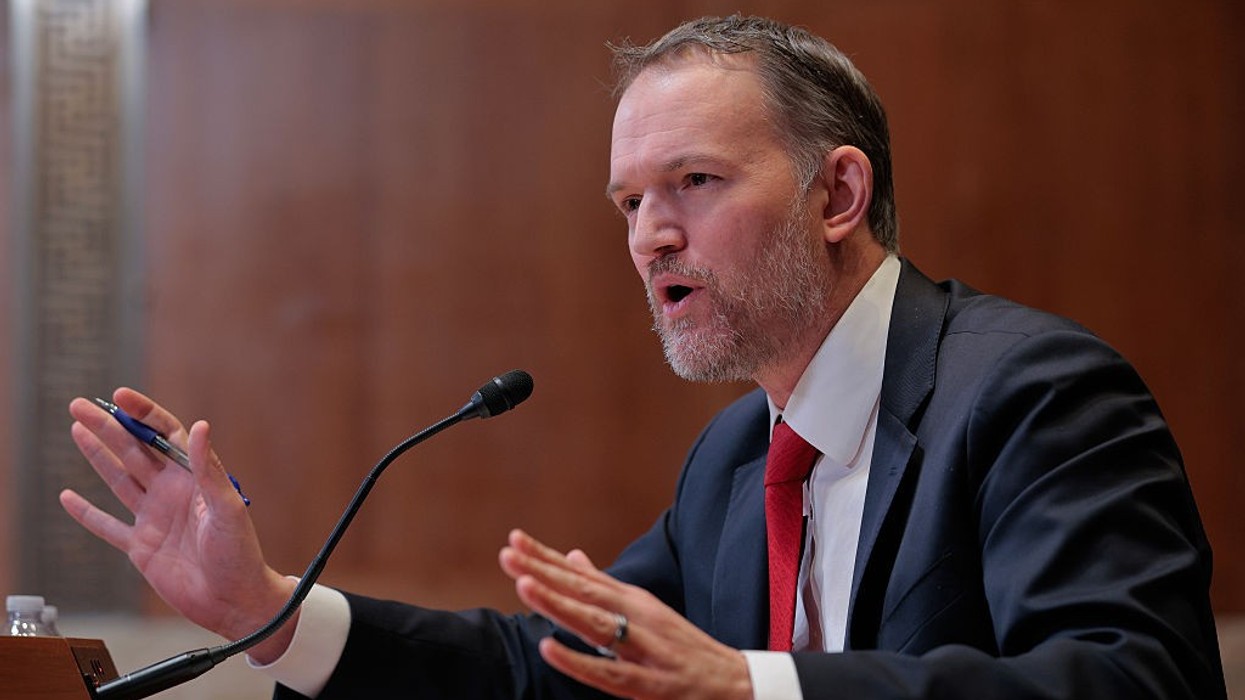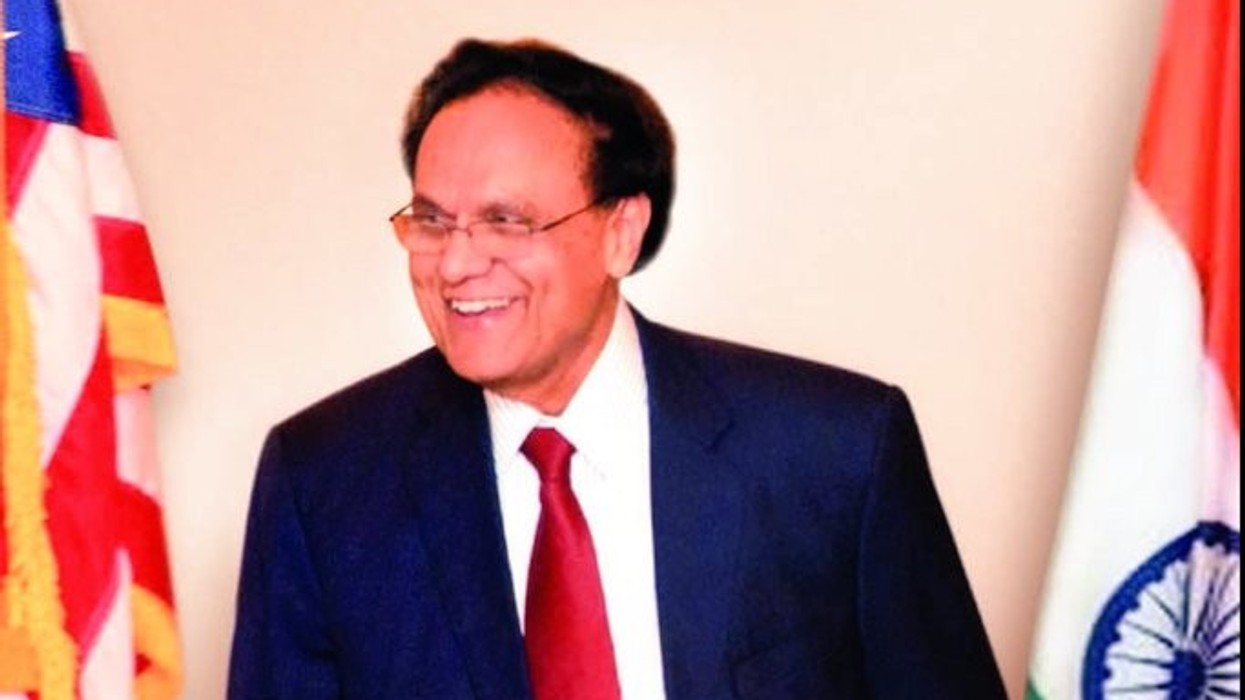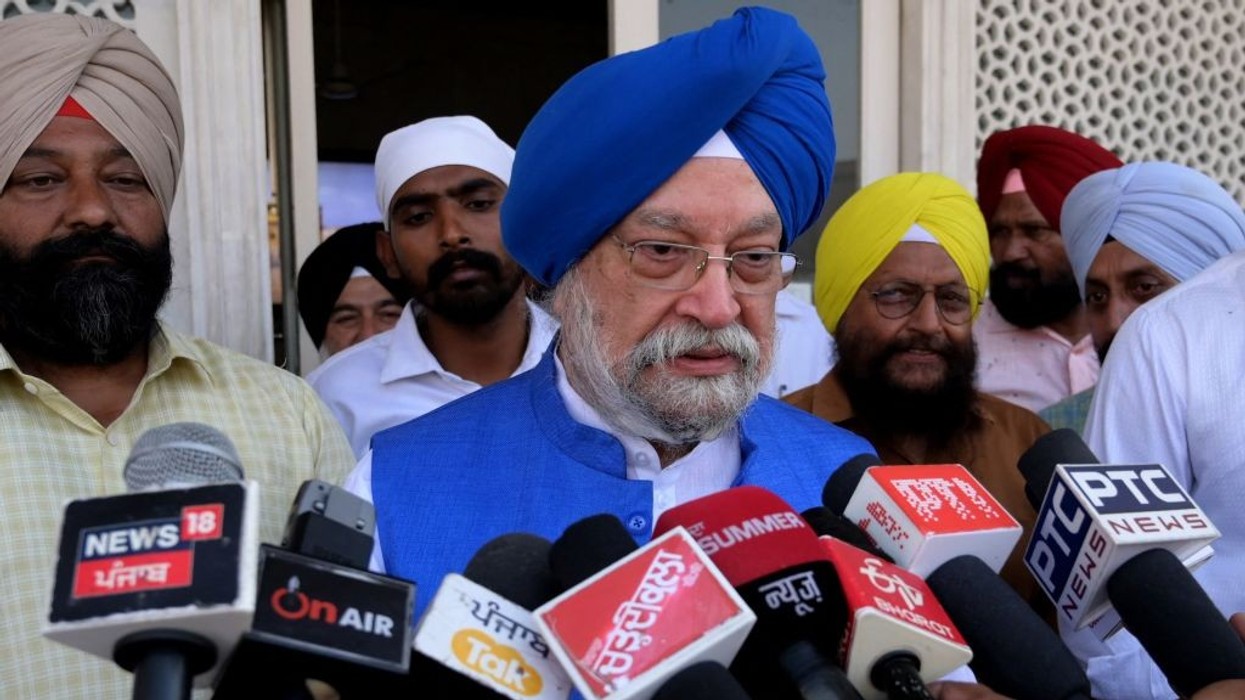Starting in fiscal year 2025, travelers to the United States who require nonimmigrant visas will be subject to a new mandatory “visa integrity fee” of at least $250. Enacted under the Trump administration’s recently passed One Big Beautiful Bill Act, this fee adds to existing visa-related costs and aims to enhance visa compliance and border security. However, many details around implementation and reimbursements remain unclear, raising concerns among international visitors and the travel industry.
What Is the visa integrity fee?
The visa integrity fee is a newly imposed charge on almost all nonimmigrant visa holders—tourists, business travelers, international students, and temporary workers—applied at the time the visa is issued. While the fee is fixed at a minimum of $250 for the U.S. fiscal year 2025 (October 1, 2024, to September 30, 2025), the Secretary of Homeland Security has authority to increase it. Following the initial year, the fee will be adjusted annually for inflation.
Notably, travelers from Visa Waiver Program countries such as Australia, Japan, and several European nations typically exempt from nonimmigrant visas do not have to pay this fee.
Additional costs on top of existing fees
This new charge is in addition to existing visa application fees. For example, H-1B visa applicants who currently pay a $205 application fee can now expect to pay around $455 once the visa integrity fee is added. Furthermore, the One Big Beautiful Bill Act increased the Form I-94 arrival and departure record fee from $6 to $24, which most travelers must also pay.
Steven A. Brown, an immigration attorney, described the visa integrity fee as a kind of “refundable security deposit” intended to promote compliance with U.S. immigration laws.
When and how is the fee paid?
According to the legislation, the fee is required only when a visa is issued. Those whose visa applications are denied will not be charged. However, precise details regarding collection logistics remain uncertain. The Department of Homeland Security does not directly handle visa issuance, a process managed by the Department of State, complicating the implementation process.
Possibility of refunds and compliance requirements
The bill includes provisions for reimbursing the visa integrity fee to individuals who fully comply with visa terms. To qualify, visa holders must depart the U.S. within five days of their visa expiration, avoid unauthorized employment, and otherwise adhere to their visa conditions. The refund, however, is not automatic and must be requested after the visa expires.
The Congressional Budget Office (CBO) anticipates only a small number of reimbursements initially, as many nonimmigrant visas remain valid for several years, delaying the reimbursement process. The Department of State will require significant time to establish refund procedures.
Steven Brown cautions that travelers should approach the $250 fee as nonrefundable due to the administrative complexities involved. He advises applicants to view refunds as a “bonus” if they materialize.
Impact on travelers and travel industry
This new fee is expected to particularly affect B visa holders—leisure and business visitors—as well as international students. Many may reconsider travel plans due to the added expense amid already costly visa processes.
The timing coincides with the U.S. preparing to host several major events in 2026, including the nation’s 250th anniversary celebrations (“America 250”) and parts of the FIFA World Cup. These events may influence travel patterns and costs for international visitors.
Funding cuts to brand USA further complicate travel promotion
The introduction of the visa integrity fee comes alongside funding cuts to Brand USA, the country’s official destination marketing organization. The One Big Beautiful Bill Act slashed Brand USA’s budget from $100 million to $20 million, following a controversial firing of nearly half its board members by the U.S. Commerce Department.
Fred Dixon, Brand USA’s president and CEO, expressed disappointment over the budget cuts but remains hopeful funding will be restored. He emphasized the importance of promoting legitimate inbound travel for the U.S. economy.
Industry perspectives
While the One Big Beautiful Bill Act also includes investments in infrastructure, air traffic control, and border security widely praised by the travel industry, the imposition of the visa integrity fee combined with reduced travel promotion budgets is causing concern.
Geoff Freeman, president and CEO of the U.S. Travel Association, applauded the law’s improvements but criticized the new fees. He said the combination “makes foolish new fees on foreign visitors and reductions to Brand USA…much harder to swallow,” highlighting the challenge of balancing policy goals with global competitiveness.
Summary: The new $250 visa integrity fee, established under the Trump administration’s One Big Beautiful Bill Act, adds a significant cost to U.S. visa applicants, especially tourists and international students. While designed to enforce visa compliance and fund border security, details about fee implementation and refund processes remain vague. Coupled with budget cuts to national travel promotion efforts, this new fee is poised to affect international travel dynamics to the United States.















